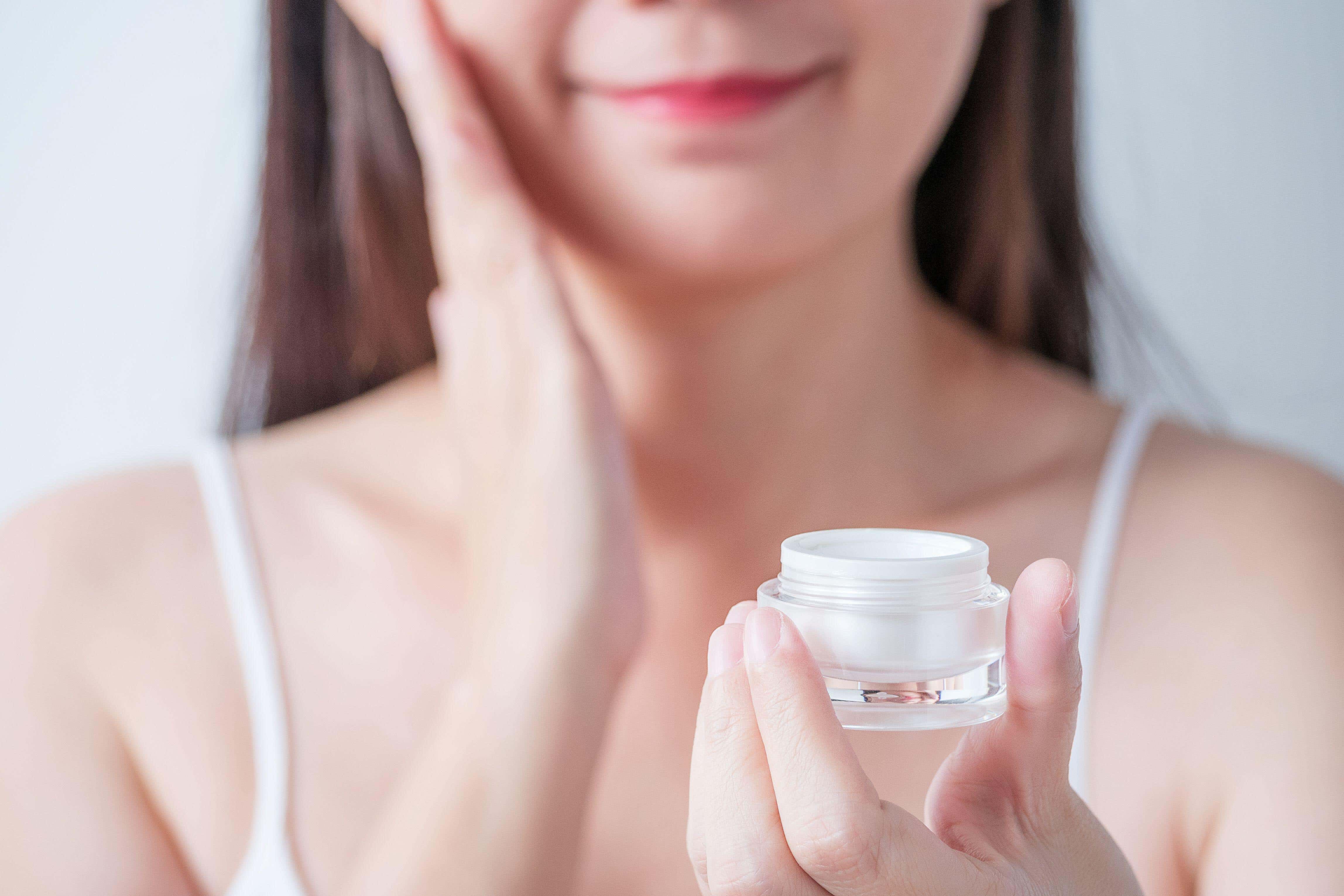How to transition your skincare routine to spring/summer
Prepare your skin for the shift in seasons.

Your support helps us to tell the story
From reproductive rights to climate change to Big Tech, The Independent is on the ground when the story is developing. Whether it's investigating the financials of Elon Musk's pro-Trump PAC or producing our latest documentary, 'The A Word', which shines a light on the American women fighting for reproductive rights, we know how important it is to parse out the facts from the messaging.
At such a critical moment in US history, we need reporters on the ground. Your donation allows us to keep sending journalists to speak to both sides of the story.
The Independent is trusted by Americans across the entire political spectrum. And unlike many other quality news outlets, we choose not to lock Americans out of our reporting and analysis with paywalls. We believe quality journalism should be available to everyone, paid for by those who can afford it.
Your support makes all the difference.Once you’ve nailed down the perfect skincare routine, it can be tempting to stick to the same products day in, day out. However, a shift in the seasons may mean that you should consider changing what you apply to your face everyday if you want your skin to look its best.
“As the weather transitions from winter to spring and summer, it’s essential to adjust your skincare routine to accommodate the changing environmental factors and the needs of your skin,” says Dr Chandni Rajani, advanced aesthetics doctor and general practitioner.
If you have specific skincare concerns like eczema or acne, you will most likely need to keep the bones of your routine the same. Whilst it can be beneficial to try out new things when attempting to address a specific problem, you don’t want to risk making the issue worse by introducing a load of new products that don’t work for you.
But if you can tell that the shift in seasons has left your skin looking worse than usual, here’s what you’ll want to consider changing for the warmer weather ahead.
Change your moisturiser
“With rising temperatures and increased humidity, opt for a lighter, water-based moisturiser that hydrates without feeling heavy or greasy on the skin,” suggests Rajani. “Look for formulas with hyaluronic acid or glycerine to provide hydration without clogging pores.”
Ditch heavy serums
“Swap out heavy creams and serums for lighter formulations such as gels or lotions. These are more suitable for warm weather as they absorb quickly and won’t weigh down your skin,” says Rajani.
Lather on SPF
Changes in temperature are most likely to impact how you alter your skincare routine, but how much time you’re spending outdoors and in the sun is also a hugely important factor to pay attention to.
“Sun protection is crucial year-round, but it’s especially important during spring and summer when UV rays are stronger. Use a broad-spectrum sunscreen with at least SPF 30 daily, and reapply every two hours if you’re outdoors for extended periods,” says Rajani.
Avoid over-cleansing
“With increased sweat and oil production in warmer weather, you may need to cleanse your skin more frequently,” notes Rajani. “However, avoid over-cleansing, which can strip the skin of essential oils and disrupt the moisture barrier.”
There are countless hydrating cleansers on the market which you should opt for to avoid removing too much oil. Opt for a non-foaming cleanser oil or water-based cleanser for best results.
Protect against environmental stressors
“Incorporate antioxidant-rich products into your routine to combat free radical damage from sun exposure,” says Rajani. “Vitamin C serums, for example, can help brighten the skin, even out tone, and protect against environmental stressors.”
If you have acne-prone skin, these types of serums can also help to prevent non-hormonal breakouts. Just be sure not to go for any that are too strong if it is your first time trying out vitamin C or similar.
“Daily environmental protection is essential for healthy, beautiful skin,” reaffirms Dr Mazin Al-Khafaji, leading dermatologist and authority of Chinese medicine. “Use protective products during in the morning, and regenerating products rich with precious actives in the evening.”
Exfoliate regularly
“Regular exfoliation helps remove dead skin cells, unclog pores, and promote cell turnover, resulting in a smoother complexion,” says Rajani. Although you will want to be exfoliating year-round, it’s likely that the extra suncream and oils on your skin throughout spring and summer will mean you will want to be more diligent with your exfoliating routine.
“Choose exfoliants suitable for your skin type, such as gentle chemical exfoliants like AHAs or BHAs,” she suggests. Liquid exfoliants are the best type to go for as they won’t cause any harsh abrasion in the way that physical scrubs can.
Stay hydrated
This last tip won’t cost you a penny, but is arguably the most important one of all. “Stay hydrated by drinking plenty of water throughout the day. Hydration from within complements topical skincare, keeping your skin plump and healthy-looking,” says Rajani.
It is likely that you will be sweating more throughout spring and summer, so you need to be extra cautious of your hydration levels – especially on holiday when you are in the sun all day.
Overall, however, “it is best to keep your skincare routine simple, so it can fit into your lifestyle easily,” says Al-Khafaji. Although it can be tempting to invest in the latest trending product or treatment, you don’t want to start using anything that you won’t be able to keep on top of.
Most skincare products will take at least a couple of months to start working their magic, so there is no point buying anything that you think you won’t be able to commit to using or doing on a regular basis for an extended period of time.